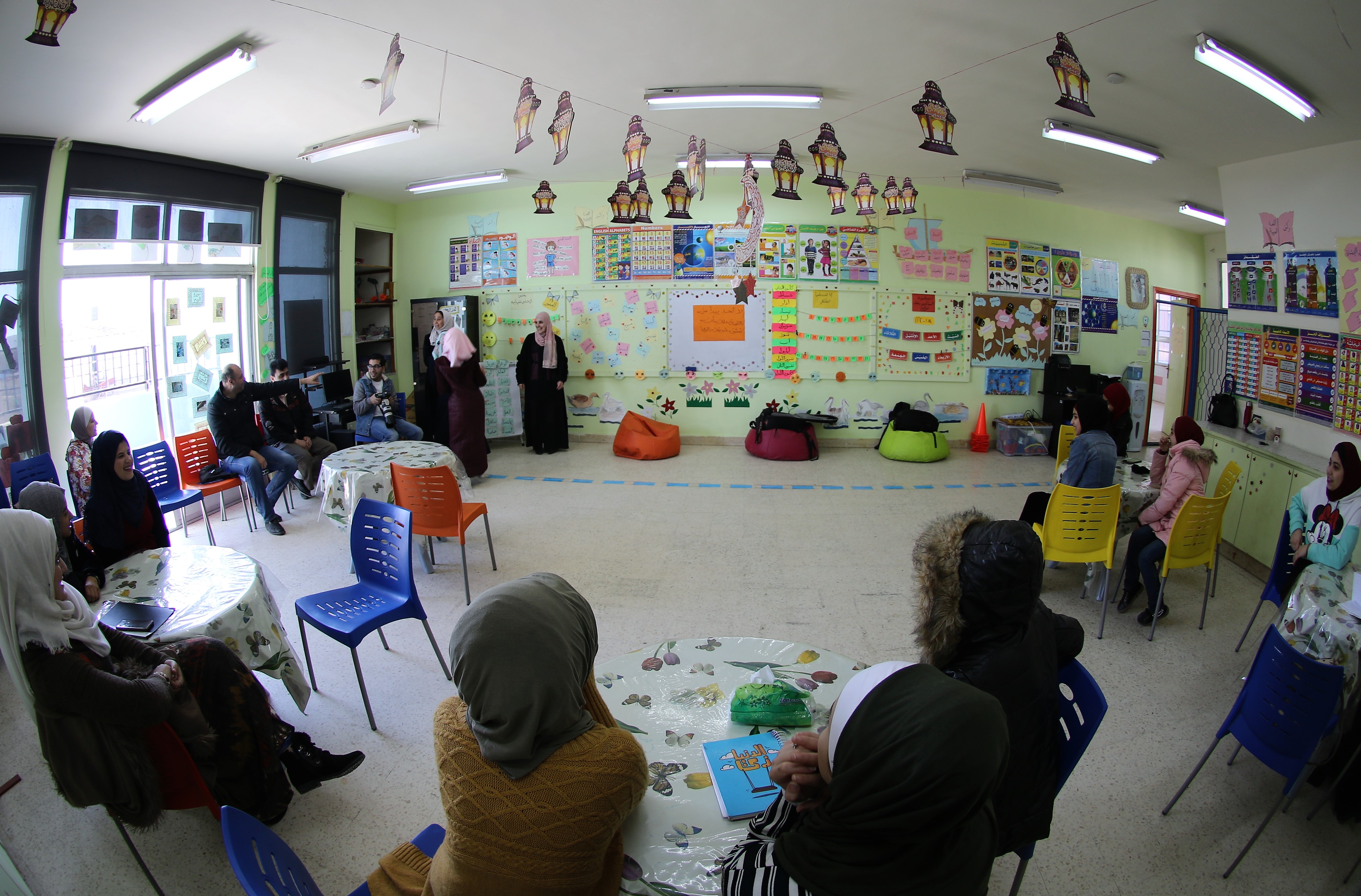There was only her on the ground. Not much blood. Face down in her black dress. So very still. But I recognized her right away.
She was a young Palestinian mother – a civilian who had fled from the attacks on Sabra and Shatila refugee camps in the southern suburbs of Beirut, when the Israeli Defense Forces (IDF) invaded Lebanon and besieged the capital city in early June, 1982.
During arial bombing and ground fighting from June to September, classes were suspended in the School of Public Health at the American University of Beirut (AUB) where I was a professor, so I volunteered in a popup medical dispensary. I met her there, as a terrified, disoriented human being – inconsolable – partially because, being mentally challenged, she could not comprehend what was happening. We could offer her no consolation the 3-or-so times she visited the clinic during her second pregnancy.
The invasion force was for a military solution to end the Palestine Liberation Organization – the PLO. Three months of fighting ended with an agreement in early September that allowed PLO fighters safe passage to Tunis. Palestinian families went back to their houses in Sabra and Shatila. Over three days, 16-18 September, 1,500 to 3,500 of those unarmed civilians were massacred.
The young mother on the ground, so still in her black dress, was killed in the massacre. I stared and stared at her.
Her short history that ended that day got intertwined with my longer history that has gone on since that day. Honestly, after bearing witness to such disaster over those 3 days – knowing one human who dies and aware of 3,000 humans who also die – a human being has to do something. My cold sweats and night terrors from bombing and massacres have not fully gone away, but the anguish is lessened as I take steps that accord some worth to the deaths.
I founded Questscope, for Putting the Last, First, as a first step in acknowledging and remembering the worth of that nameless young Palestinian woman. I remember her as Questscope now remembers all those like her. Since then, Questscope has provided real options for young people at the eastern end of the Mediterranean to choose life-restoring potential instead of giving in to despair at death possibilities.
This is important to me, because there is another choice that someone will make – vengeance – which makes life impossible – for everyone. And that is what I have witnessed from Shatila camp in Lebanon forty years ago to this last week again in Gaza and Lebanon. Gaza is now a recruiting ground for those youth who will survive to take vengeance on those who took vengeance on them for the vengeance they took … the never-ending, always escalating cycle of violence.
The cycle of violence – annihilating more than 40,000 Palestinian human lives in Gaza and now threatening 1 million more there with starvation – grows in ferocity like a wind-whipped firestorm. We are witnessing eradication of the intellectual, cultural, and social future of Palestinian people. People die. But ideas, not so much. We sow that wind of violence. And the world will reap the whirlwind.
With the recent escalation of violence in Lebanon, there are now over 800,000 persons displaced in country who need life-supporting help. 425,000 Lebanese and Syrians have also been displaced into Syria where we and our partners are ready and in place to help. (All numbers are UNHCR statistics as of Oct 21st.) Years ago we chose to build collaborative relationships in country to prepare people to go counter to the downward spiral of violence by going upward in a spiral of compassion. Here is how we are doing it:
In Greater Damascus, we have identified (in a very brief period of days) 10,000 displaced persons and 4,000 more in at least 7 locations across Syria, for whom we will provide food baskets, medicines, mattresses and blankets (goods for winter weather), batteries and portable lighting, water tanks, and hygiene supplies.
Those families most at risk get first responses and we track the distribution of equipment and supplies to ensure that everyone who needs to be served will be, with the most accountability for what we promised.
In the north of Syria, around Aleppo, displaced people will be housed in the same shelters that we rehabilitated for earthquake victims two years ago – doubling the benefit of that investment you made through us!
One of our international partners also recruits medical teams to come to Lebanon and will provide essential supplies to hospitals and clinic sites.
We light candles. It is a waste of precious energy to curse the darkness.
The marvelous, remarkable, amazing miracles that take place around us are because of the ordinary, every-day-kinds of people who give so very willingly and gladly of their time, effort and resources to help others in crisis, in danger. Knowing these good neighbors – who are also in danger – knowing what they can accomplish to alleviate so much suffering, it becomes impossible to despair. But I still wake up sweating a lot at 3am.
Lying there, awake most mornings, my thoughts often wander to the time in American history when the Greatest Generation (my dad was one of them) mobilized to stop the annihilation of millions of civilians in Europe. Now we need to unite to stop the annihilation of millions of civilians in the Holy Land. No one anywhere can be safe if these cycles of violence cannot be stopped.
I ask myself: “Can we find our ears to hear again the better angels of our nature, as President Lincoln spoke in his first inaugural address March 4, 1861? We can stop this vicious cycle. I believe we can. I believe we will. I believe we must.
It will take determination by us to choose life, show compassion, pierce the darkness that cannot ultimately swallow up the multitudes of light from our single candles.



